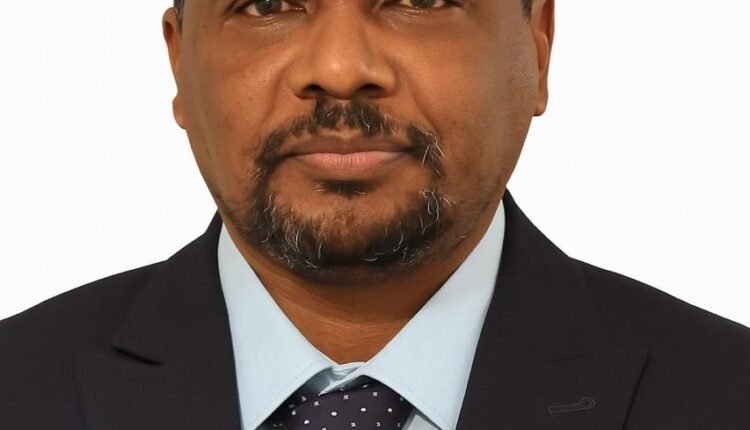It Is No Longer a Secret

Brigadier (ret.) Omar Mohamed Osman
It is no longer a secret that intensive international and regional moves are underway to halt the war in Sudan and bring about peace. After many months of a brutal war ignited by the rebel, terrorist Rapid Support Forces militia against the state and the people, international diplomacy has begun to move seriously, attempting to sketch out the contours of the next phase.
The recent activity has not been ordinary; it has resembled a frantic race between the region’s influential powers and those beyond. The US President’s Senior Adviser for Arab and African Affairs, Messaad Boulos, undertook a shuttle tour that included Egypt and Chad; he met President Abdel Fattah el-Sisi in Cairo and then the Chadian president in Rome, in the presence of the Saudi Minister of State for Foreign Affairs. His statements after those meetings revealed that the Sudan file has risen to the top of Washington’s concerns. He said his country “is working to shape a comprehensive vision to achieve peace in Sudan that preserves its territorial integrity and prevents the conflict from spreading to neighbouring states.” This is a clear sign that Sudan is no longer a peripheral issue in the calculations of the major powers.
In Khartoum, Foreign Minister Ambassador Mohy El-Din Salem’s remarks on his return from Cairo added another dimension when he said, “The US president’s initiative that halted the fighting in Gaza can be drawn on to stop the war in Sudan.” A short sentence, but one that carries a deep recognition that peace in Sudan cannot be separated from wider regional and international balances.
The repeated Sudan-Egypt meetings at the level of the two presidents have underlined the alignment of views between the two countries regarding Sudan’s unity and stability, and Cairo’s firm conviction that Sudan’s security is part of its own national security. It can be said that Egypt has remained the “trustworthy negotiator” on Sudan’s behalf in forums where Sudan’s voice was absent — as happened at the London conference in January 2025, when the Egyptian delegation refused to allow a closing statement that ignored Sudan’s official position to be adopted, leading to its complete suspension. That stance was not merely symbolic; it was a clear message that Cairo sees Sudan only as a single, strong state, not as a playground for dividing influence.
Of course, we note that official statements from the Sudanese leadership about these moves remain few and terse, which is natural in such sensitive files. They are currently in a listening phase, to be followed by a period of reflection and scrutiny of the options, until the Sudanese official response comes as a comprehensive and considered position that adopts what serves the country and its people. At the same time, we see the leadership’s ongoing focus on the military front and the provision of the necessary support, which has enabled the army to secure significant victories in Kordofan and to conduct successive operations to lift the sieges on towns in Darfur — developments that strengthen the state’s hand in any forthcoming peace negotiations.
But behind this diplomatic activity remains the fundamental question preoccupying the conscience of Sudanese people: what is the agenda of this peace, and what will become of the rebel, terrorist Rapid Support Forces militia that has committed the most heinous crimes against citizens?
Sudanese people believe that any settlement that does not resolve the question of this militia, bring its leaders to justice, and compensate victims and those affected, will lack legitimacy and durability. A peace that equates perpetrator and victim has no place in the national conscience; reconciliation built on impunity does not found a state of justice and the rule of law.
Another question remains: who will pay the bill for the war? Will it be the exhausted state, or the external actors who financed and armed the militia? It is only natural that the Sudanese demand that holding these external parties to account be part of the peace process, because those who set the fire alight must be the ones to put it out, and those who financed the war should bear the cost of reconstruction and reparations.
What is happening now on the diplomatic front is no longer a secret, but it will only achieve its aims with an unequivocally Sudanese vision — one that reflects the sacrifices and aspirations of the people, and restores the country’s sovereignty and dignity. Sudan today needs real guarantees to stop the war, rebuild, return displaced people to their homes, and construct a modern state in which there is no place for militias or for the rule of force outside the law — far more than it needs, yet more mediators. Only then can we say that peace is no longer a postponed promise but a reality made by Sudanese hands, not dictated from abroad.
Shortlink: https://sudanhorizon.com/?p=8135

